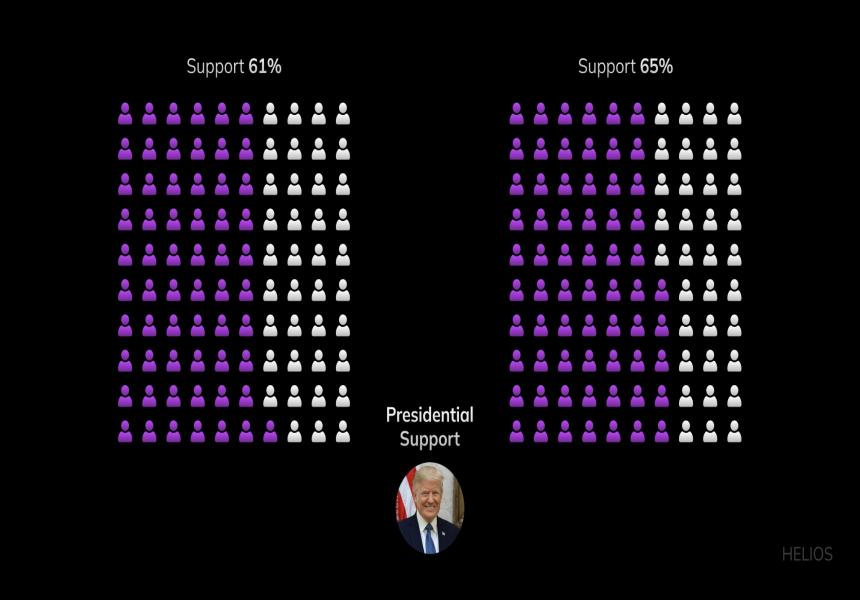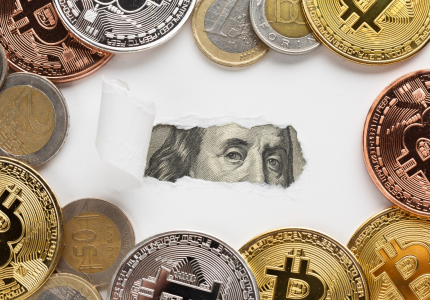
US Poised to Approve Strategic Bitcoin Reserve Bill Despite Public Opposition
In an unexpected twist in U.S. financial policy, there is growing momentum to pass the Strategic Bitcoin Reserve Bill—a legislative proposal that could see the U.S. government designate Bitcoin as a national reserve asset. Despite notable public opposition, the bill appears to have robust support within Congress, potentially paving the way for a significant shift in how digital assets are perceived and utilized by the state.
Rising Political Support for Bitcoin
Recent data from Helios reveals that the potential for the bill's passage is high, given the strong backing among U.S. lawmakers. Specifically, 61% of senators have voiced their support for turning Bitcoin into a state reserve asset, while 65% of House members (285 out of 435) are in favor of this pioneering approach. This widespread legislative support is driven by the recognition that Bitcoin—and by extension, other cryptocurrencies—has become an increasingly integral part of the modern financial landscape.
The Bill’s Bold Provisions
Under the proposed legislation, the U.S. government would embark on an ambitious plan to acquire 1 million Bitcoin over the next five years. Once purchased, these digital assets would be held in reserve for 20 years. The funding for these purchases is expected to come from the national budget, reflecting a major commitment by the government to invest in cryptocurrency as a long-term strategic asset.
Proponents argue that this move would not only diversify the nation’s reserve holdings but also position the U.S. at the forefront of global digital finance. By integrating Bitcoin into its financial strategy, the government could potentially benefit from the asset’s growth while also setting a precedent for other nations contemplating similar measures.
Public Backlash and Concerns
Despite the strong political endorsement, the proposal has met with significant resistance from the American public. According to research by Data For Progress, approximately 51% of U.S. citizens oppose the idea of using taxpayer funds to purchase cryptocurrency. Critics of the bill worry that such a move could destabilize the nation’s financial system, arguing that the volatile nature of digital assets may lead to unforeseen economic consequences and fiscal strain.
Many citizens are concerned that directing public funds towards the acquisition of Bitcoin could create budgetary imbalances and potentially expose the economy to the notorious volatility associated with cryptocurrencies. These concerns highlight a fundamental divide between forward-thinking policymakers and a more cautious public apprehensive about rapid financial innovation.
The Road Ahead
As the bill makes its way through Congress, the debate over its merits and risks is likely to intensify. On one side, advocates see it as a necessary step towards modernizing America’s economic framework and embracing the future of finance. On the other, critics warn of potential financial instability and the dangers of integrating a highly unpredictable asset into the national reserve.
If the bill is passed, it could signal a transformative shift in how governments interact with digital currencies, potentially influencing global economic policies and inspiring similar legislative efforts in other countries. For now, all eyes remain on Congress as the U.S. grapples with balancing innovation and stability in an increasingly digital world.
Stay tuned as we continue to monitor this groundbreaking legislative initiative and its potential impact on the financial landscape of the United States.





